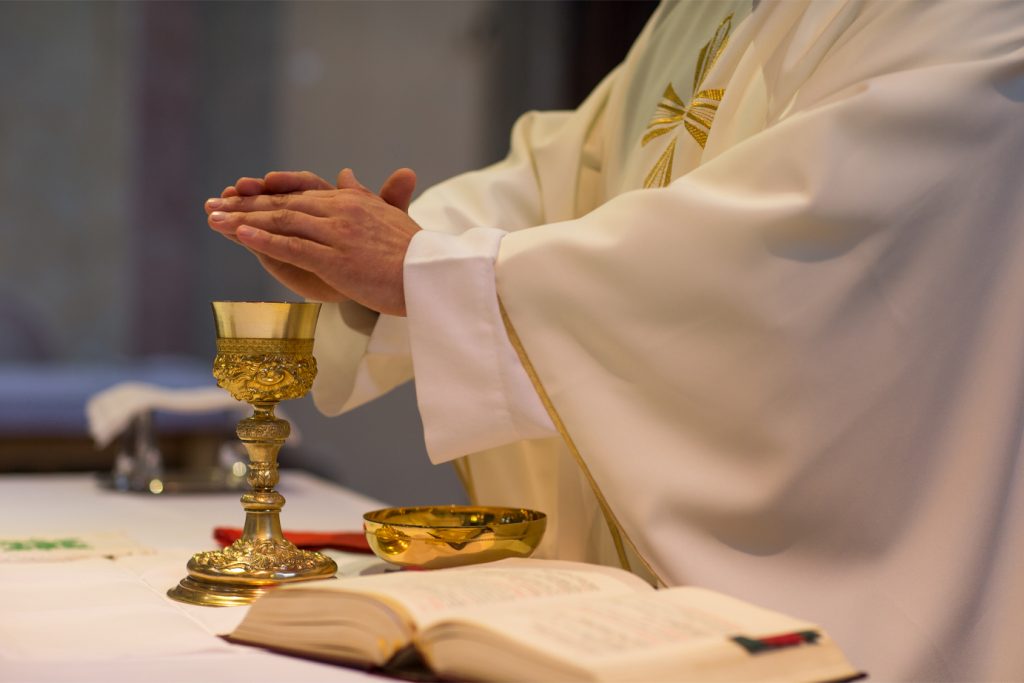
By Christopher A. Porter
15 February 2022
Selecting group representatives – whether they be a chief executive, sporting team captain, or an archbishop – comes with a host of challenges. Of these, the challenges that concern the leader themselves are often easier to see and address. Selection criteria, competencies, desirable attributes, qualities, and so on, are all commonplace within a selection or election process. However, a new leader is not installed on their own, but rather as the leader of a group – and in our case, at the behest of that same group. Good leaders need the support of the group that they are leading, and an archbishop is no outlier. It is this marshalling of support for a leader that is often sidelined in the process, and – as Muriel Porter notes elsewhere in this issue – has been the rationale for previous changes to the Archbishop Election Act. Given we are already reviewing the act, we should consider processes that address this directly.
Leadership and psychology research show clearly that an effective leader needs to embody a sense of “one-of-us-ness” for the group. However, the sense of “one-of-us” is hard to define for an incoming leader, except that they embody the typicality of the group – ideally functioning as a prototypical member. They need to be recognised as not only being one of the group but also as representing all of its key membership attributes. Of course, for an archbishop’s election this is often hard to ascertain, especially as many candidates will be relatively unknown to the broader diocese.
Read more: Should Melbourne abandon synod elections for its archbishops?
Instead, one of the strongest ways to assess the typicality of a large group is to broaden the representation from that group in assessing typicality. This naturally leads us to the model we have, where a broad representation of the diocese has input into the election of the new archbishop. One model for this is our own federal and state electoral system, which taps the “one person, one vote” approach to elections. This would mean that every person on a parish electoral roll would be eligible to vote for the new archbishop. But as Dr Porter and others have described, this comes with significant privacy and reputational concerns.
Another approach would be for a hierarchical election process, where the broadest range of the diocese – those on electoral rolls – elect their synod representatives, and these elect a Board of Electors. However, under our current system with the three-year cycle of elections the time lag between synodical elections and an archbishop election is decoupled. A lot can happen in three years – even without a pandemic – and the broad membership of the church is likely to feel disconnected from their electoral representatives and therefore the election process.
However, this disconnection of membership with Electors could be resolved through the Archbishop Election Act. If we are serious about bringing back a Board of Electors, then this can be intrinsically coupled with the archbishop’s election. Procedurally this would mean we should elect a Board of Electors as the first step in the archbishop’s election process. This means that the members of the group (the parishioners) are more invested in the “one-of-us-ness” of their representatives (due to the close timeframe and electoral links) on the board, and therefore in the “one-of-us-ness” of the archbishop.
Ultimately this would lead to a system where we do not just have broad electoral support of a new archbishop, but broad membership support. The archbishop is much more likely to have the support of the diocese, and be seen as “one-of-us” through the process.
The Reverend Dr Christopher Porter is Post-Doctoral Research Fellow at Trinity College Theological School, University of Divinity, Parkville







